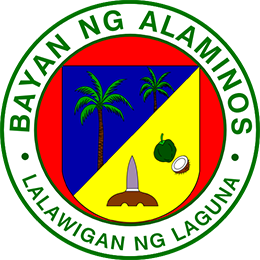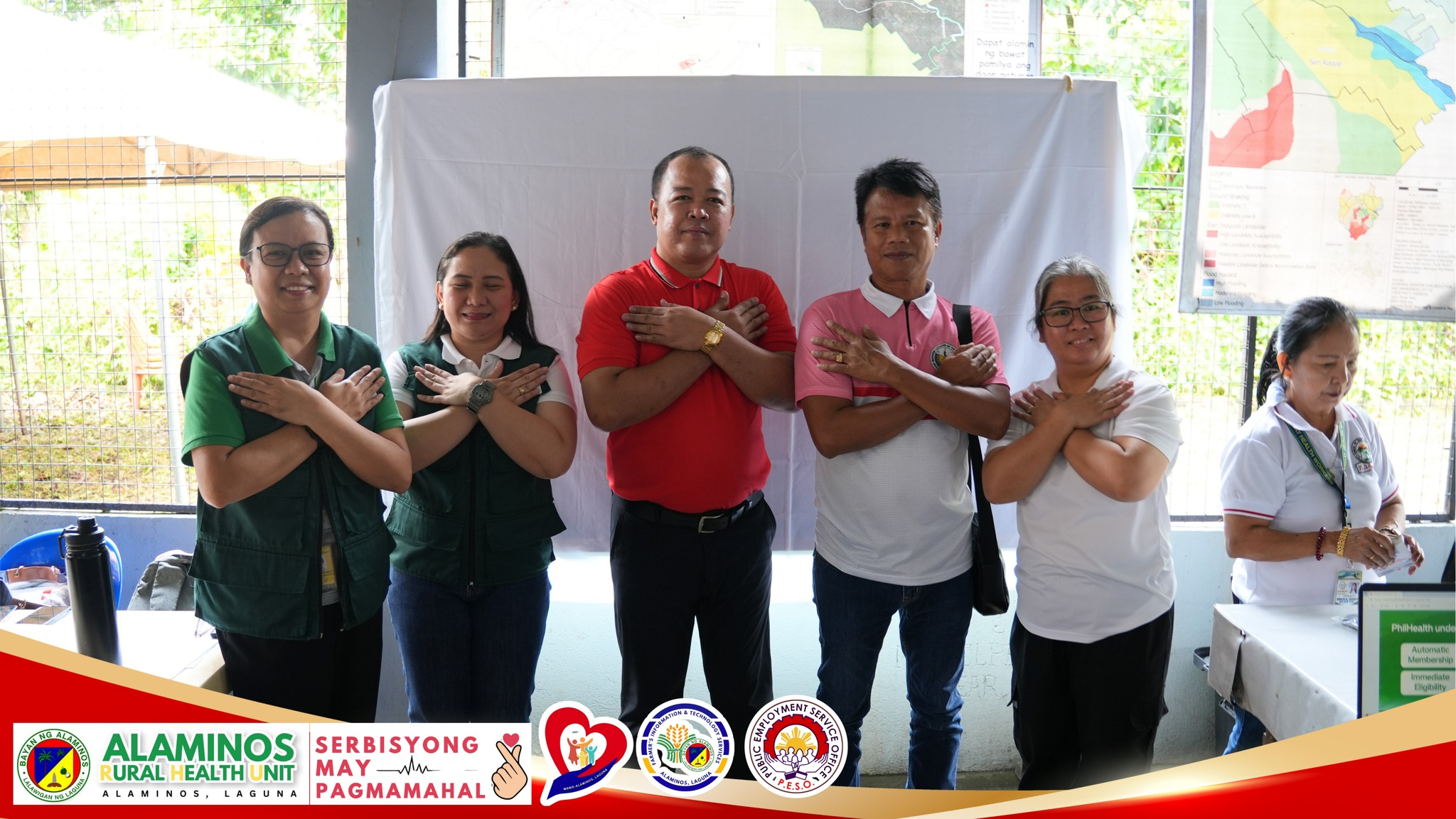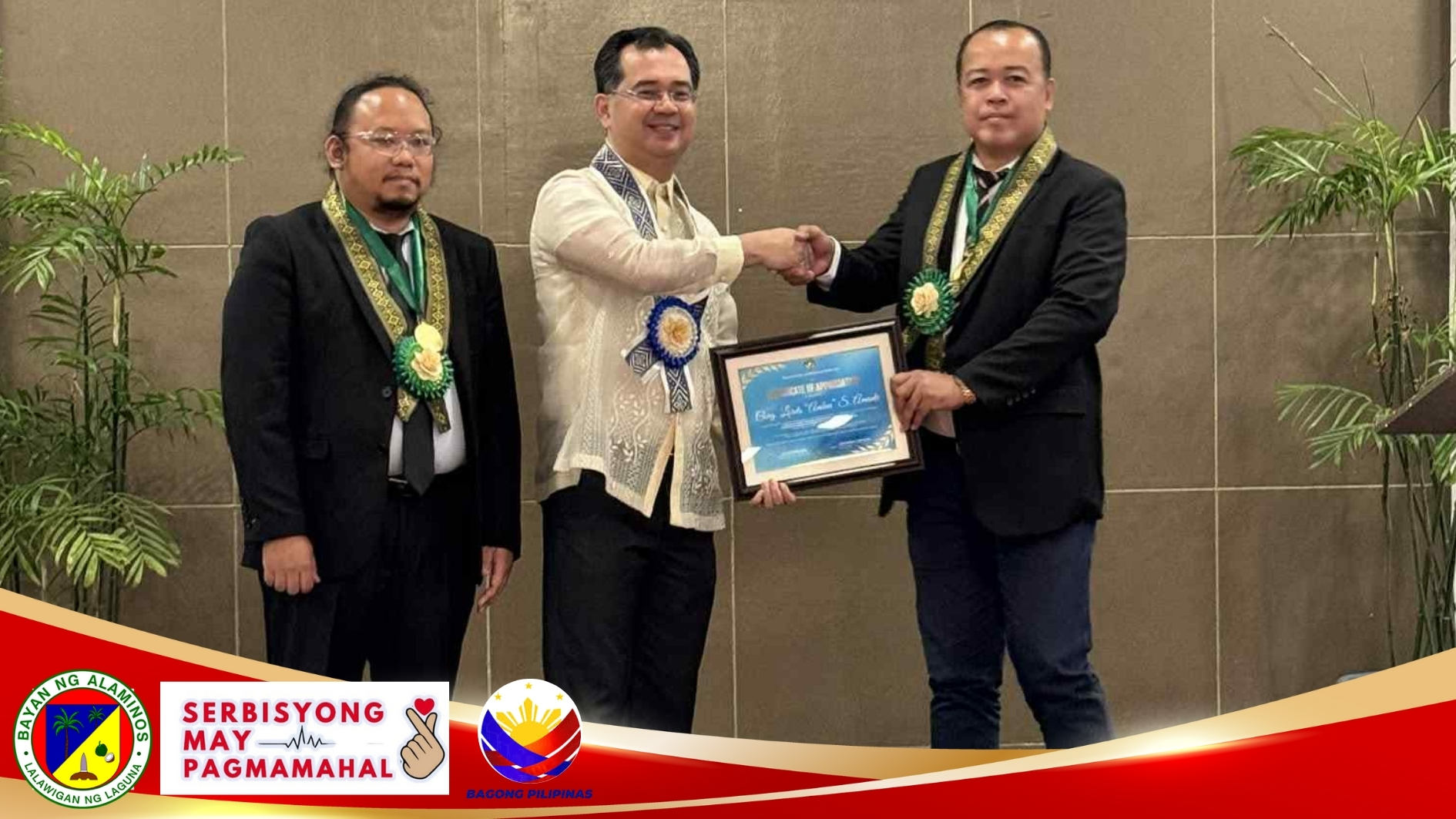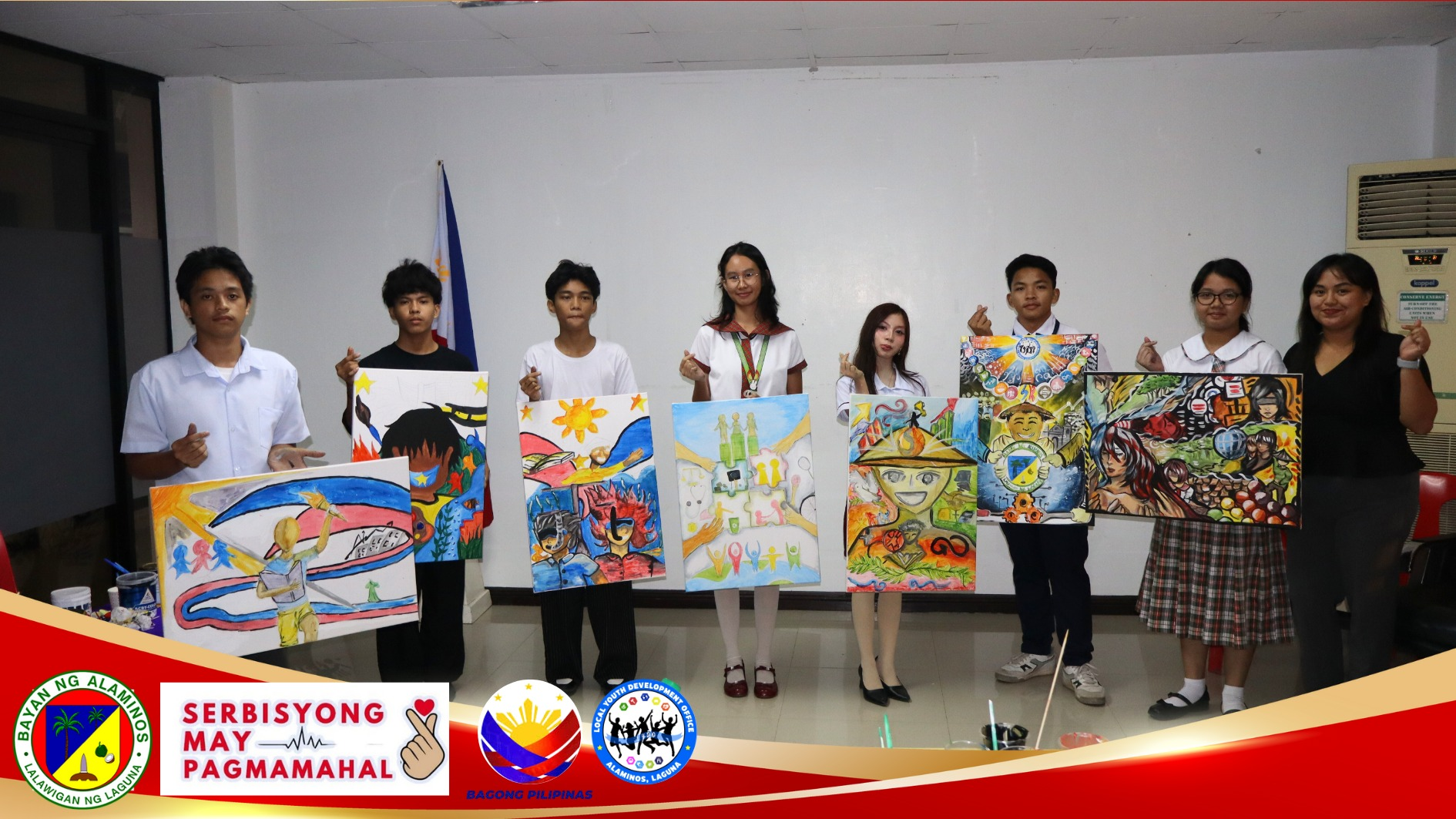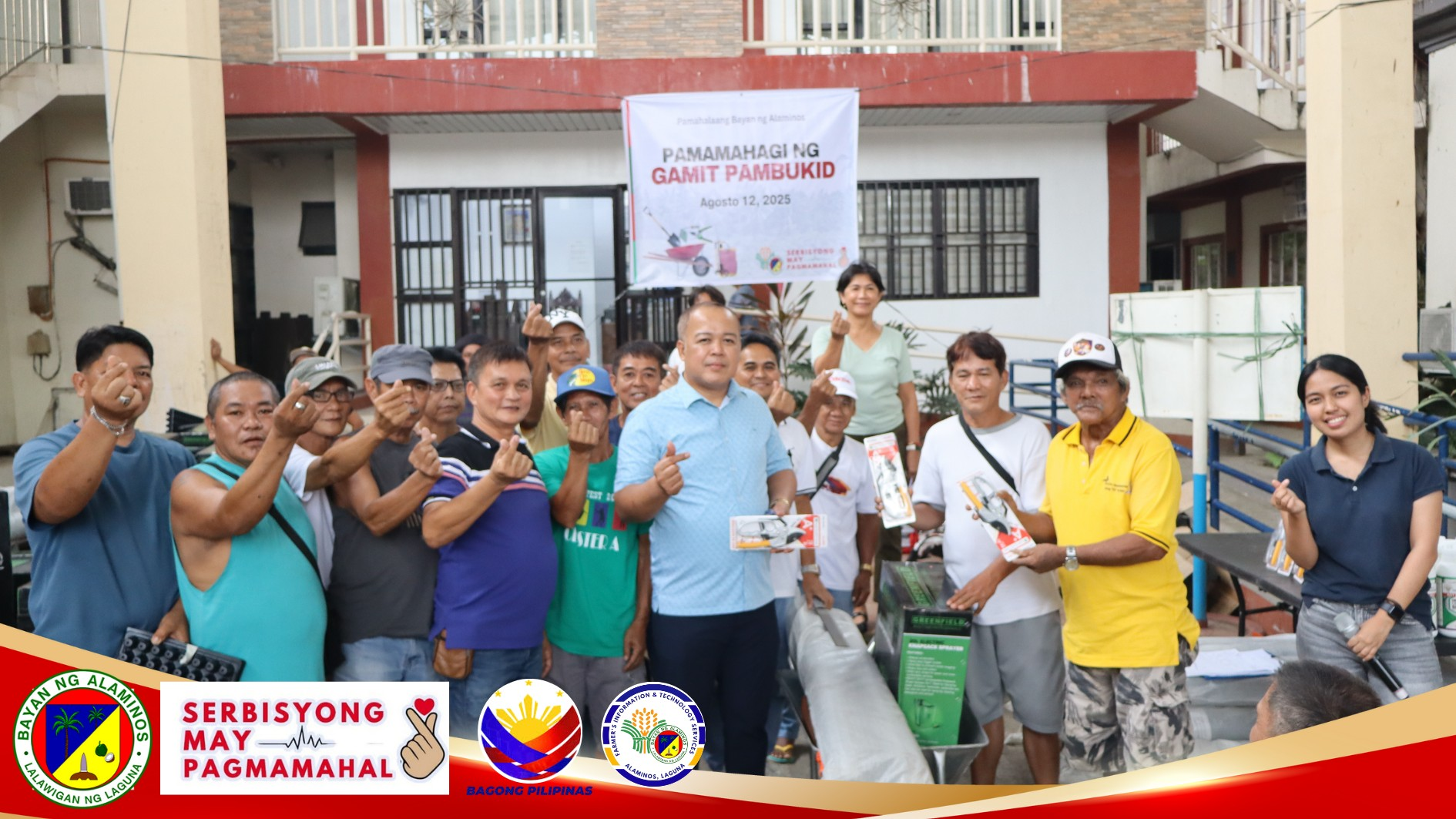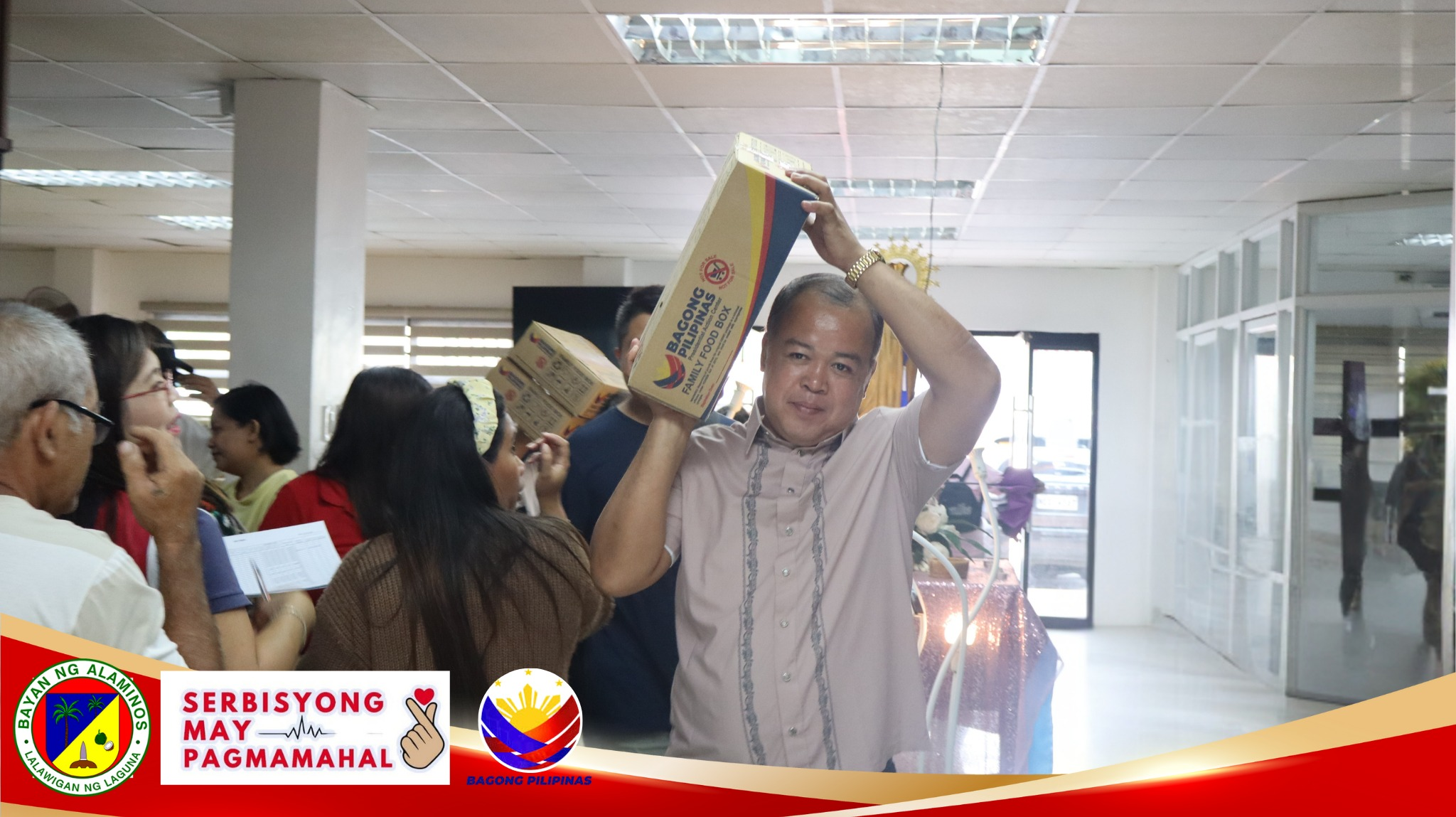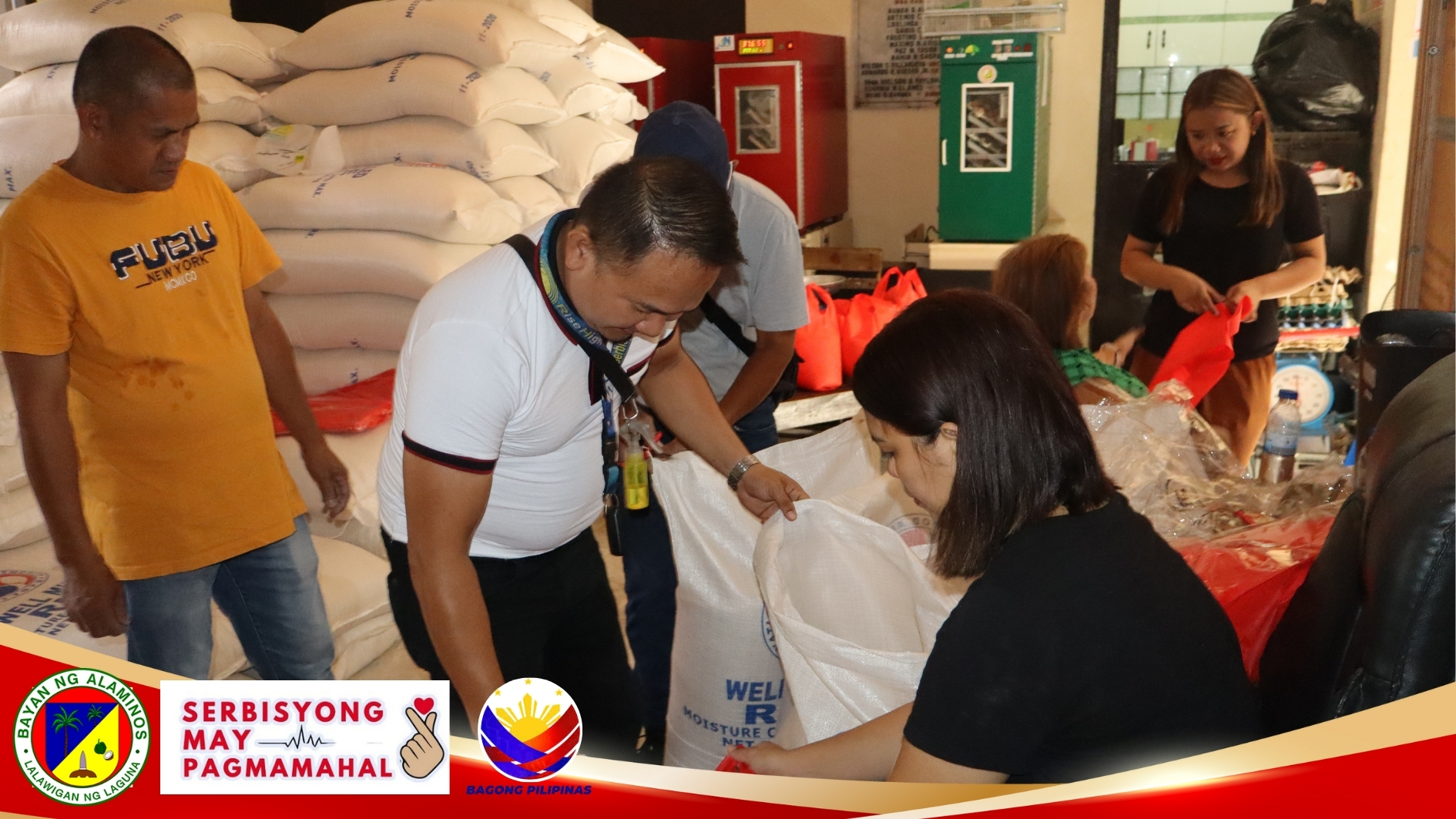

Municipal Social Welfare and Development Office Programs and Services
For the holistic operationalization of the MSWDO programs and other add on offices such as Public Employment Service Office, Municipal Nutrition Office, Municipal Gender and Development Office, Climate Change Adaptation and Disaster Risk Reduction and Management Office, OFW Migration and Reintegration Office, Child Abuse Prevention and Intervention Network Office, Person with Disability Help Desk. These services adhered to target impoverished sectors of the populace and those individuals, singly or in group and community in difficult circumstances.
- MSWDO
- CHILDREN
- Caring Healing Teaching Framework/ Treatment Plan for Children
- Advocacy IEC on Children’s Laws
- Positive Discipline Modules
- Day Care Service
- Supplementary Feeding Program
- Supervised Neighborhood Play (ECCD/SNP)
- Children in Need of Special Protection (CNSP)
- Children in Conflict with Law (CICL)/ Diversion Contract
- Child Abuse Prevention & Intervention Network (CAPIN)
- Counseling
- Children Assisted for Court Proceedings
- Children Summit
- Life Skills Training
- Play Therapy
- Kids Teens Court Orientation
- YOUTH
- Municipal Scholar/ SPES
- After Care and Follow-Up Services
- Youth Summit
- Seminar on Teenage Pregnancy/ Pre-marital Sex
- Capacity Building for Youth
- Daily Vacation Bible School
- Leadership Training
- Alternative Learning School
- Program for Out of School Youth
- Organization of Out of School Youth/ In School Youth for PAG-ASA Youth Movement
- Sports Activities
- Life Skills Training
- Kids Teens Court Orientation
- Play Therapy
- CHILDREN
2. AICS
Assistance to Individuals in Crisis Situations– is refers to the provision of immediate support and intervention to individuals or families facing emergency or critical situations. This may include, those affected by natural disasters, accidents, violence, abuse, displacement or other urgent circumstances that threaten their safety, well-being, or basic needs. The goal is to alleviate immediate distress, ensure basic survival needs are met and guide individuals towards long-term recovery and stability.
Transportation Assistance– the assistance for the purchase or payment of transport (air/sea/land) or expenses to enable the client to return to his home province or seek further medical interventions in another place or to attend to emergency concerns such as death, critical situations of family members or other individuals in need. This includes those that require immediate presence, such as but not limited to, attendance to a court hearing, rescue of abused or trafficked relatives.
Medical Assistance– the assistance to help shoulder hospitalization expenses, cost of medicines, other medical treatment or procedures such as implants, laboratory procedures, for individuals suffering from illness, accident, or other medical emergencies requiring immediate financial aid for treatment.
Burial Assistance– assistance given to beneficiaries to help them shoulder the cost of funeral and related expenses including cases of bringing home the bodies of their deceased loved ones, due to a disaster, calamity and/or critical events.
Educational Assistance– a form of assistance given to a student-in-crisis, to help defray school expenses and/or cost of sending students/children to school such as school fees, school supplies, school projects, allowances and other related expenses. Beneficiaries may include orphaned/abandoned children of solo parents, or unemployed parents or persons with disability in crisis, children with Human Immunodeficiency Virus (HIV) or those living with parents with HIV, those who are victims of abuse, or displacement. The eligible students are those who are not included in the Municipal Scholar. A maximum of one (1) student per family shall be entitled to this assistance.
Food Assistance– the provision of assistance to clients, it includes hot meal, food/meal allowance, or cash equivalent to the cost of the required hot meals and/or food packs.
Cash Relief Assistance– Assistance for individuals affected by fire incidents, calamities or other emergency situations.
Psychosocial Support– It is a set of intervention that intends to positively improve person’s behaviour to reduce the impact of stress brought about by a crisis through behavioural modification interventions. Social Work Counselling-to help the clients gain insights into their feelings and which affects their behaviours, and/or enable them to process their thoughts and feelings. This also identifies potential solutions to the issues at hand for crisis situations.
Click here to read Eligibility
Click here to read the Requirements
3. Senior Citizens
The National Commission of Senior Citizens (NCSC) was established to promote the welfare and interests of senior citizens in the Philippines. By the year 2030, the Philippines will have a significant aging population, with Senior Citizens comprising 8.5 percent of the household population.
Defined as individuals aged 60 years old and over, this demographic totaled 9.22 million in 2020, rising from 7.53 million in 2015. Females constituted a higher percentage of this population.
Benefits for Senior Citizens
Senior citizens in the Philippines are entitled to various benefits and discounts:
- 20% discount on medications (as per DOH Administrative Order No. 2010-0032)
- PhilHealth Konsulta package providers offering expanded services
- Various discounts and benefits under Republic Act No. 9994, “The Expanded Senior Citizens Act of 2010”
4. PWD
The PWD ID is the mandatory identification card given for persons with disabilities in the Philippines. It is issued by the Persons with Disability Affairs Office (PDAO) or the city or municipal Social Welfare and Development Office where the PWD resides.
“PWD ID stands for Person with Disability Identification Card. It is a form of identification issued to individuals with disabilities in the Philippines. The PWD ID serves as proof of disability and provides certain privileges and benefits to the cardholder, such as discounts on goods, services, and transportation, as mandated by the law.”
PWD Benefits
Having a Person with Disability Identification Card (PWD ID) entitles individuals with disabilities to various benefits and privileges:
- 20% discount and VAT exemption on various goods and services
- 5% special discount on basic necessities and prime commodities
- Mandatory coverage under SSS/GSIS, National Health Insurance, and Pag-IBIG
- Educational assistance
- Employment assistance
- Priority privileges in public establishments
- Special parking privileges
5. SOLO PARENT
An Act Granting Additional Benefits to Solo Parents, Amending for the Purpose REPUBLIC ACT NO. 8972, Entitled “An Act Providing for Benefits and Privileges to Solo Parents and Their Children, Appropriating Funds Therefore and for Other Purposes”
What is a Solo Parent?
Under RA 11861, a solo parent is someone who provides sole parental care and support to a child or children in any of these situations:
- The other parent is deceased, imprisoned, physically/mentally incapacitated, legally separated, or abandoned for at least six months.
- An unmarried parent raising a child.
- A guardian, adoptive, foster parent, or close relative up to the 4th civil degree who assumes sole care.
- The spouse or family member of a low-skilled OFW who’s been away at least 12 months.
- A pregnant woman for her unborn child.
Benefits for Solo Parents
(a) Monthly cash subsidy of One thousand pesos (P1,000.00) per month per solo parent who is earning a minimum wage and below.
(b) 10% discount and exemption from VAT on baby’s milk, food and micronutrient supplements, and sanitary diapers purchased.
(c) Automatic coverage under the National Health Insurance Program.
